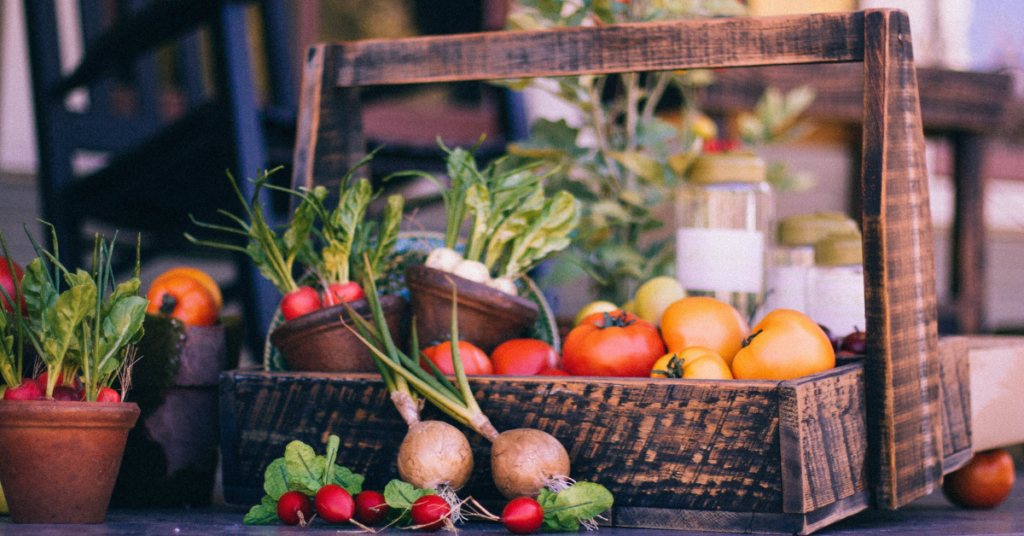Building a self-sufficient homestead in Africa can be a challenging but rewarding experience. It is an opportunity to live sustainably, produce your own food, and reduce your dependence on external sources. Here are some tips on how to build a self-sufficient homestead in Africa:

5 plus 1 ways to get self-sufficient in your farm
- Always start small and focus on the basics. Before you start, focus on the basics of self-sufficiency such as food production, water supply, and energy generation. Start with a small garden and a few chickens, and then expand as you gain experience and confidence. Learn aquaculture and hydroponics to increase your food supply and manage your water needs effectively.
- Choose the right crops: Learn from the experts which crops do well in your area and start with those. Take time to understand which crops complement each other and which do not. Understand their water and nutrient needs and use their strengths to build an ecosystem to your advantage.
- Use appropriate technology: There are many different technologies available for building a self-sufficient homestead in Africa. For example, rainwater harvesting systems can collect and store water, and solar panels can be used to generate electricity. It is important to choose appropriate technology that is appropriate for your location and climate.
- Focus on sustainable practices: Building a self-sufficient homestead in Africa requires a commitment to sustainable practices. This includes using natural fertilizers like compost, using organic farming methods, rainwater harvesting, and drip irrigation to reduce consumption.
- Endeavor to journey with other people. It is important to build a community of like-minded individuals who can support and encourage you. A famous saying goes; 2 heads are better than one. Engage with your neighbors to create a group, share information and look for joint markets for better rates. Joining local farmers’ WhatsApp groups is a great way to connect with other farmers and learn from their experiences.
- Challenges are real and you must be prepared for them. Building a self-sufficient homestead in Africa is very possible but can present a new set of challenges. This includes dealing with degraded soil, pests, diseases, and extreme weather conditions, managing finances, and dealing with government regulations.
Start your journey with Jilishe Africa
In conclusion, building a self-sufficient homestead in Africa can be a challenging but rewarding experience. This process requires a lot of learning and in order to do it successfully, you must be ready to learn. If you are looking for ways to get started on your self-sufficient journey, reach out to our experts here.